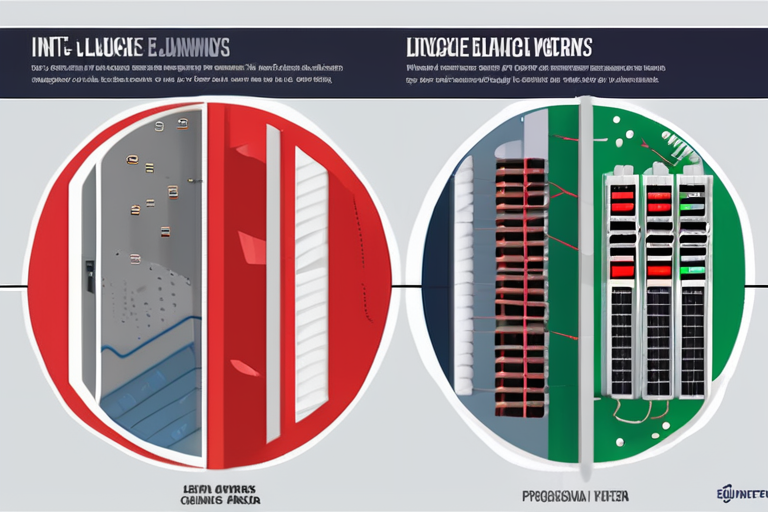Health Insurance Premiums Soar: Shutdown's Devastating Impact on Families and Small Businesses


Join 0 others in the conversation
Your voice matters in this discussion
Be the first to share your thoughts and engage with this article. Your perspective matters!
Discover articles from our community

 Hoppi
Hoppi

 Hoppi
Hoppi

 Hoppi
Hoppi

 Hoppi
Hoppi

 Hoppi
Hoppi

 Hoppi
Hoppi

South Korea Launches Ambitious Sovereign AI Initiative with $390 Million Investment Last month, the South Korean government launched its most …

Hoppi

Heathrow Cyber-Attack Causes Delays as Electronic Check-in System Hit A cyber-attack on Saturday affected Heathrow Airport's electronic check-in system, causing …

Hoppi

Euro Stablecoins Prove The Importance Of U.S. Stablecoins In a significant development for the global cryptocurrency market, Dutch ING and …

Hoppi

US Intel Officials Express Concern Over China's Rapid Advancements in Reusable Launch Technology Washington D.C. - US intelligence officials have …

Hoppi

FBI Investigates Minneapolis School Shooting as Anti-Catholic Hate Crime In a shocking and tragic incident, the FBI has launched a …

Hoppi

Natcast to Lay Off Majority of Its Staff as Government Withdraws Funding Support Natcast, a non-profit operator of the CHIPS …

Hoppi